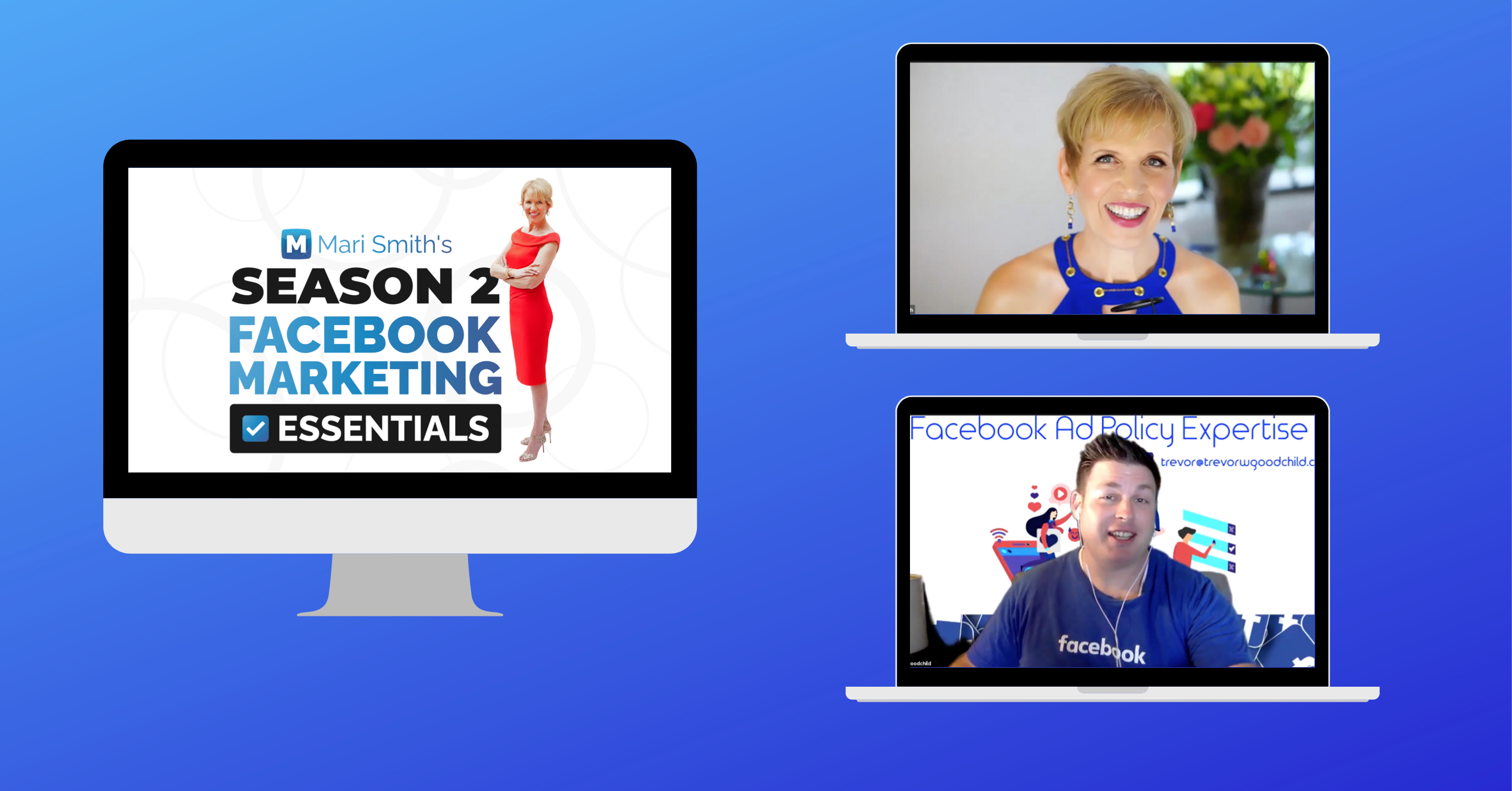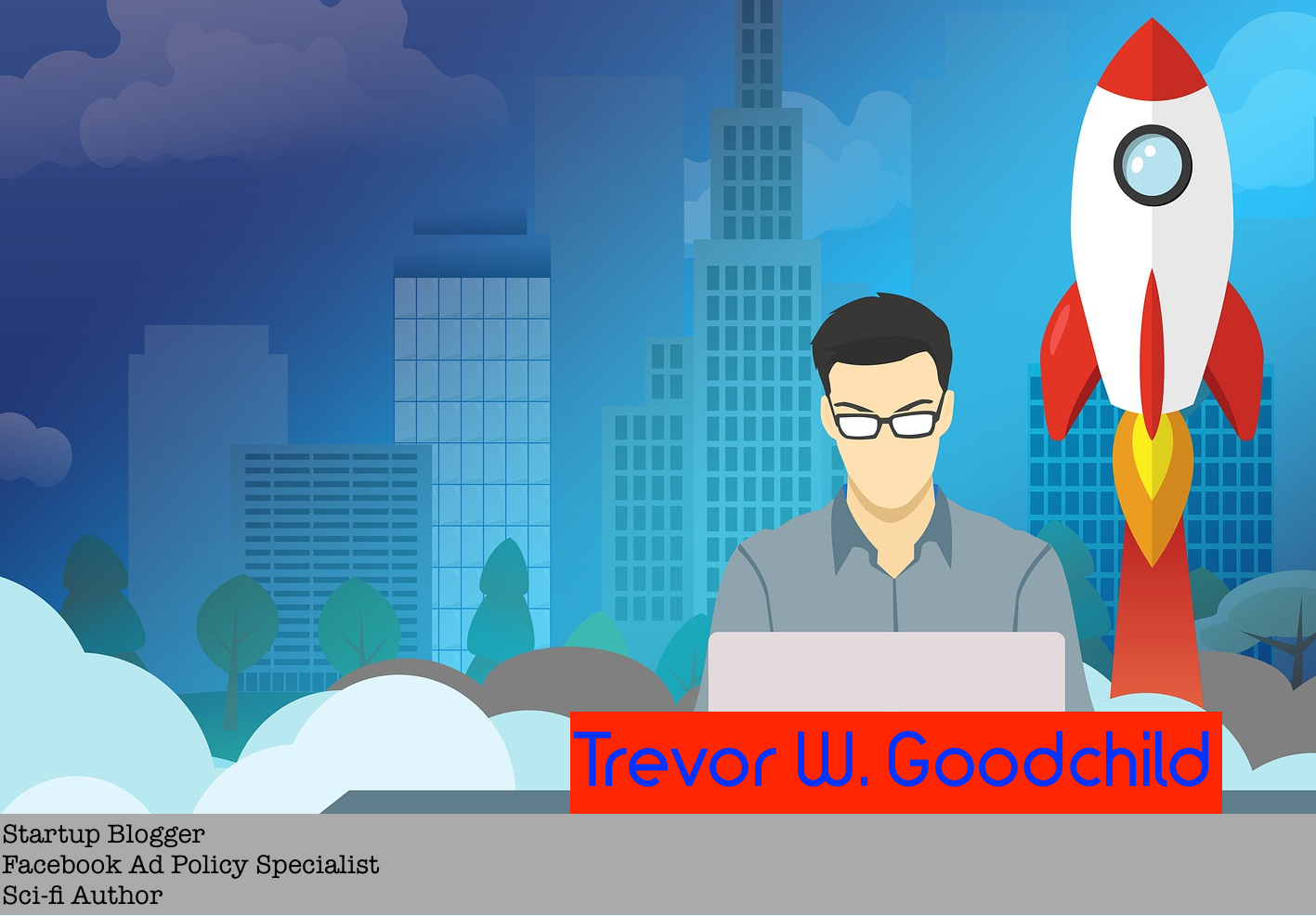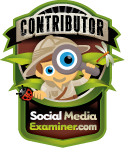
Credit: Google Trends
While working at Facebook I interfaced with teams around the world on video, which was cool when mixed with real life meetings with fellow Facebook colleagues but now everything is on Zoom.
If you feel like you're getting a lot more tired at the EOD than pre-covid19 you’re not alone. Zoom fatigue is a real issue that many of us suffer from since March of this year.
Back in the 80s Sci Fi films showed video chatting as futuristic tech - their future is our right now but why are Zoom video chats tiring?
Well, in a real life meeting there is a lot more social stimulation, just being around other people can be invigorating. But in the silo of staring intently at a screen to retain the info can be exhausting.
Video Calls Make Us Lose Focus
Being able to do a quick whispered comment in a meeting to a colleague and then refocus doesn't have a Zoom equivalent. It's way too easy to lose our focus and go down the rabbit hole.
It starts innocently enough with one email, one Facebook messenger response, one text, or perhaps a Slack convo that we attempt to do all within a minute or two
10 minutes later we refocus, look up and have no idea what was being said and look like an ass to other conference attendees.
Not to worry! For all you social media marketers on Facebook, IG, Twitter, and business owners or remote workers I've got a few tips to help:
Here Are 5 Tips to Relieve Zoom Fatigue
1. Talk On The Phone - Yes This Is Still A Thing
Ask any preteen right now & they'll say phones are so 1999, but phone calls are still a thing for a lot of people, especially those who run their own businesses.
Phone calls are especially helpful to reduce Zoom fatigue. When on the phone with Mari Smith, the Queen of Facebook, we chatted about my upcoming feature in her Facebook Marketing Essentials course (FBME2).
Mari and I opted for a phone call instead of Zoom, because we have both been on so many Zoom calls recently due to covid 19. A phone call was a nice break from Zoom fatigue.
Here's a plug for her marketing course I'm featured in talking on Facebook policies: Mari Smith's Facebook Marketing Essentials 2

Back to relieving Zoom fatigue - if you're a pacer like me, talking when you walk helps get the creative juices flowing as well for new business ideas and conversation starters.
You can also see if there are any calls that you can switch to email or Slack if they aren't too too in-depth, this will help you recharge and refresh. Phone calls also let you do a little multitasking without appearing rude to your Zoom guests.
Saying something as simple as, "I'd appreciate a chance to recharge from staring at screens so much, mind if we switch to a phone call?"
Chances are, the other person is also facing Zoom fatigue and would enjoy a break too.
If you're a business consultant and give career advice, this can be achieved just as well over a phone call as on Zoom. You can even build in looking at a website a client has on your computer for a couple of minutes, giving feedback, and then stepping away from the screen.
2. Integrate Breaks Into Your Daily Schedule
Uninterrupted screen staring will tire us out so we need visual breaks to "refresh our mental screens" in a manner of speaking. Visual breaks help us refocus, if our brains are growing fatigued.
When you plan the day, build in a few breaks. If you have a longer Zoom call scheduled, make sure to take a few mini breaks and look away from your computer screen. Follow the 20 second rule, for every 20 minutes staring at the screen look at something 20 feet away, for 20 seconds.
Your friends, family, and business associates are going to be a lot more understanding than we may assume, if you both want to talk without having to look at the screen, to give your eyes a break for a moment (and perhaps add some carrots into your diet).
Sometimes things just get busy and you have nonstop Zoom calls, make sure that your scheduling app, daily planner Google Calendar or smart phone notepad (wherever you schedule the day at) also includes a buffer of 20-30 minutes between meetings.
This will give you a little bit of time to go for a 10 minute walk outside (walking increases productivity and creativity up to 60%), make a cup of coffee, meditate for 5 minutes, make a healthy snack and look away from the screen.
3. Notice Zoom Callers Backgrounds
Now this may sound silly at first, but you can actually reduce strain by simply taking a moment to look at the background of your Zoom counterparts.
Sometimes we stare at our own faces too much on Zoom calls, or other people's faces, but when you take a moment to notice the plants in your associates background, book titles on their bookshelf, it can give your eyes a break from staring at the same thing.
At the same time, if you're on a Zoom meeting with a bunch of people and they all have clutter in their backgrounds, don't focus on that. Even ask people not speaking to use avatars or suggest plain backgrounds either with a green screen and the Zoom virtual background feature or just for them to sit with a plain wall behind them.
4. Ensure There's Speaking Protocol for Social Zooms
Given that we are all on lockdown due to Covid-19 regulations often socializing nowadays is done on Zoom calls. But, if everyone is talking at once (especially when there's alcohol involved) this can lead to fatigue (and annoyance if your guests decide yell over others to be heard).
This can be solved by just simply verbalizing that taking turns is going to be followed. Now everyone gets a chance to talk and it isn't a room of people talking at once - this relieves screen fatigue.
When there aren't clear expectations outlined, the more alpha members of both genders jump in and compete for conversation space. By outlining expectations and format, this helps everyone out and reduces Zoom fatigue.
5. Reduce Multitasking
Multitasking IRL or on Zoom actually lessens our productivity. For those readers who are entrepreneurs and are familiar with 'serial entrepreneurship' you understand how spreading yourself too thin isn't as effective as laser-focusing on one project and nurturing it to perfection.
While it's tempting to think that you can use Zoom to do more in less time, research shows that trying to do a lot of things at once leads to a lesser performance.
This is due in part because you have to turn one part of your brain off and back on for the different types of tasks, which equals around a 40% dive in productivity.
According to the Stanford Memory Laboratory, those who multitask a lot can’t even remember stuff as well as those who choose to use tunnel vision productively, which makes sense given the experiences I've had and fellow startup founders in juggling 10 things at once leading to less quality than focusing on one thing or just a few things.
This also reminds me of another proof of concept moment in business history. Ebay started by dominating a small market of those who liked beanie babies, Amazon started with just books.
It was by focusing on a smaller area first, and getting expert level at this that lead to these companies' success and later expansion to other markets. You can read more about this in the blog on What Made Amazon & eBay So Successful (it's all in the power of dominating sub niches).
They key take away here is that when you're on a Zoom call, it'll be helpful to close the other tabs you have open and put away your smart phone. Be here now. Distractions can wait.
Practice these 5 tips and you'll find it refreshing to relieve the Zoom fatigue as we adapt to the new normal. By the end of 2021 I predict we'll have things more or less back to normal.
In the meantime I hope you've found these steps helpful. Do you have anything you've done to help with Zoom fatigue that isn't on this list or have a story about Zoom fatigue you want to share?
Comment below!
. . .
Enjoyed this blog? Signup here to get updates on new startup blogs.
Is Facebook not explaining why the disapproved an ad?
I worked at FB for years and offer FB Policy Consulting here
Available for freelance writing and guest posting on your blog: [email protected]





